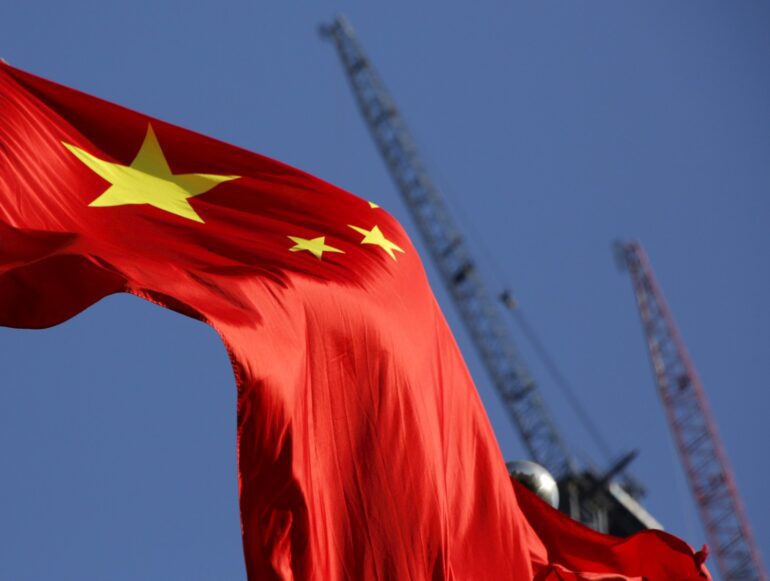TL;DR:
- China has granted approval for over 40 AI models for public use in the past six months.
- Approvals were granted in four tranches, including tech giants like Alibaba, Baidu, and ByteDance.
- The exact number of AI approvals remains undisclosed.
- The competitive landscape with the United States continues, with the US considering executive orders to monitor AI models.
- International collaboration efforts, such as the Bletchley Declaration, aim to oversee responsible AI advancement.
- Both China and the US are implementing clear rules and oversight measures for AI development.
- Legal challenges arise, including lawsuits questioning AI model training methods.
- Startups are offering AI model certification programs, emphasizing transparency and accountability.
Main AI News:
In a significant move, China has granted approval for more than 40 AI models for public use in the past six months, as reported by the country’s state-owned publication, Securities Times. Beijing, which initiated its approval process around August last year, has now granted approvals in four tranches, with the latest round giving the green light to 14 AI models. Notable companies that have received these coveted approvals include Xiaomi, 4Paradigm, and 01.AI.
The initial tranche of approvals was extended to tech giants such as Alibaba, Baidu, and ByteDance, underscoring the nation’s commitment to advancing AI technology. Subsequent tranches were granted in November and December, further demonstrating China’s dedication to fostering innovation in this domain.
Last year, state-run research institutes in China reported that domestic technology firms had introduced a remarkable 79 large language models (LLMs). However, it’s worth noting that the exact number of AI approvals issued by the Chinese government remains undisclosed.
These developments are particularly significant given the ongoing technological rivalry between China and the United States. Both nations have employed strategies aimed at hindering each other’s progress in the global tech sector. The United States is currently poised to issue an executive order aimed at monitoring AI models trained on cloud service providers like Microsoft, Google, and AWS. This action is intended to address what is deemed a “National Emergency” concerning significant malicious cyber-enabled activities.
Nevertheless, amidst this competitive landscape, there are also initiatives promoting international collaboration in the AI sector. At the UK AI Safety Summit held last year, both the United States and China joined several other nations in signing the Bletchley Declaration. This agreement seeks to establish a common framework for overseeing the responsible advancement of AI technology, bridging differences for the greater good.
Much like China’s approach, US President Joe Biden issued an executive order in October of the previous year, outlining clear rules and oversight measures to ensure the responsible development of AI. This approach aims to strike a balance between regulating AI and nurturing its growth potential.
Meanwhile, in the AI landscape, OpenAI’s ChatGPT, considered one of the most popular generative AI models, is facing legal challenges, including a lawsuit from The New York Times. This lawsuit centers around the methodology employed in training ChatGPT’s underlying LLMs, reflecting the increasing scrutiny on AI’s ethical and data-driven aspects.
In this dynamic environment, China has also witnessed the emergence of startups offering certification programs for AI models, aligning with the global shift towards greater transparency and accountability in AI development. These initiatives underscore the importance of responsible AI advancement in an era of rapid technological progress.
Conclusion:
The rapid approval of numerous AI models in China highlights the nation’s commitment to technological advancement and innovation. This signifies a growing competitive edge in the global AI market, while international collaboration efforts and increased transparency demonstrate a collective effort to ensure responsible AI development. Legal challenges and certification programs underscore the importance of ethical and data-driven AI practices in an evolving market landscape.

